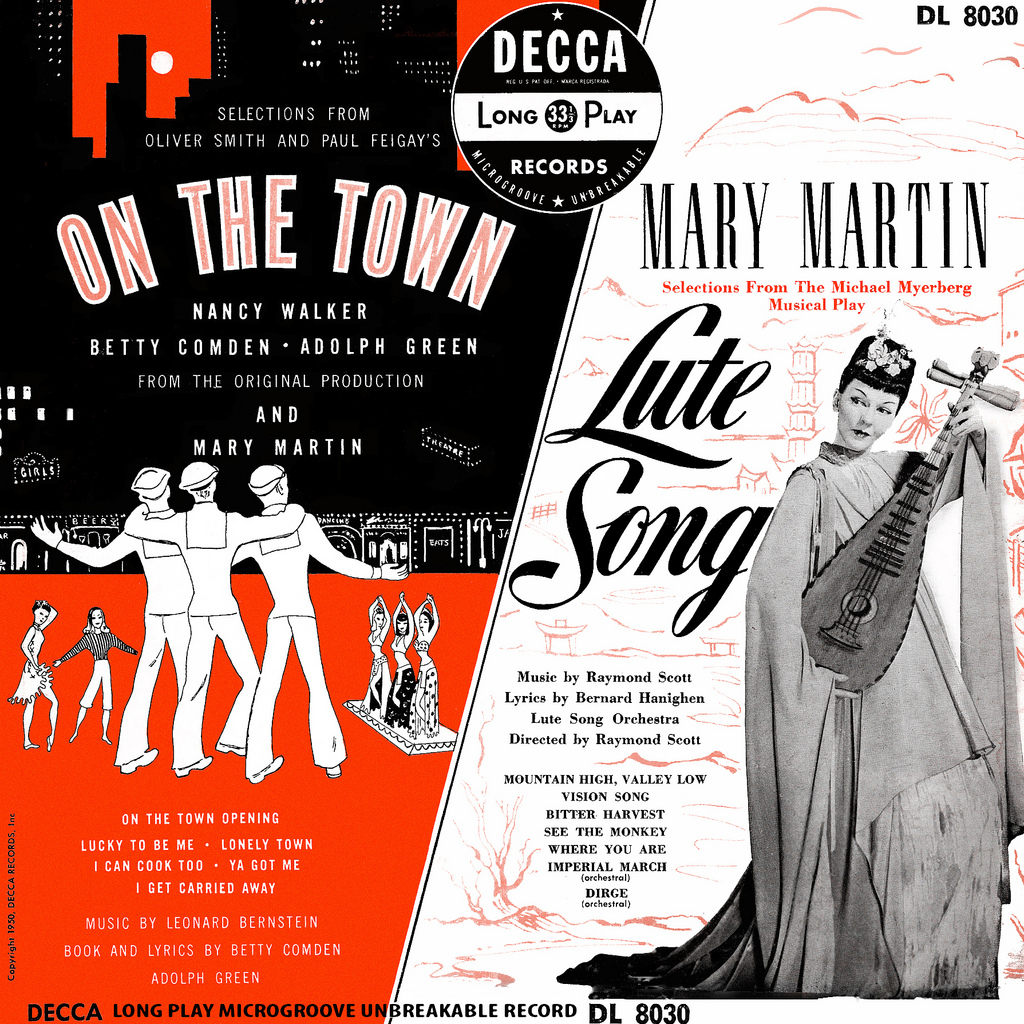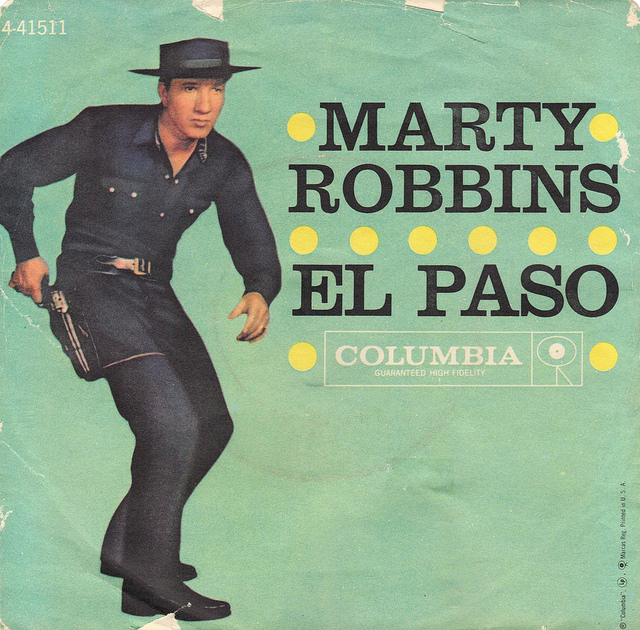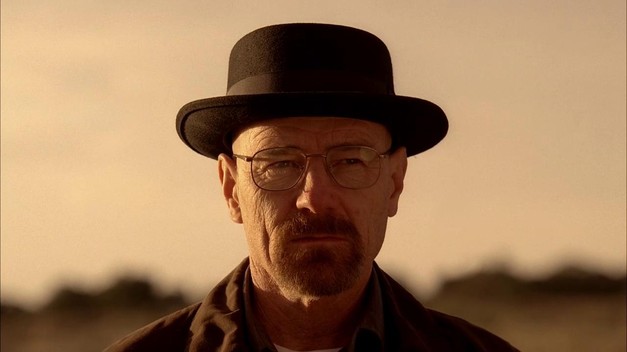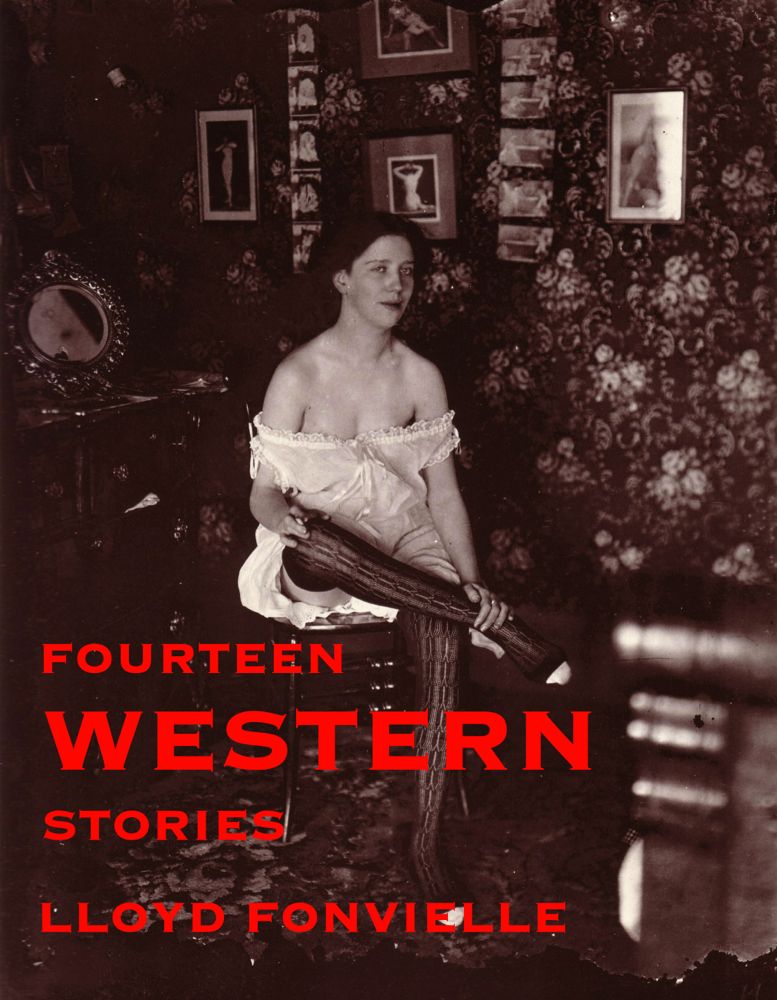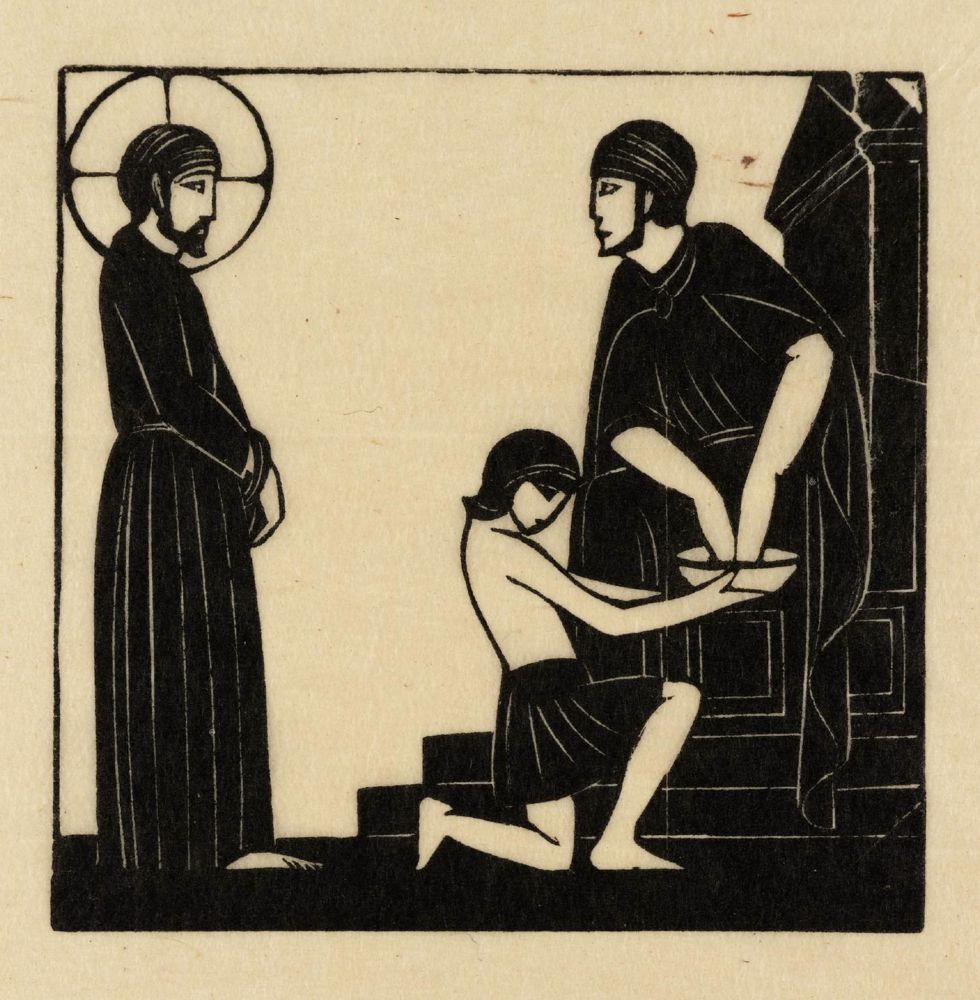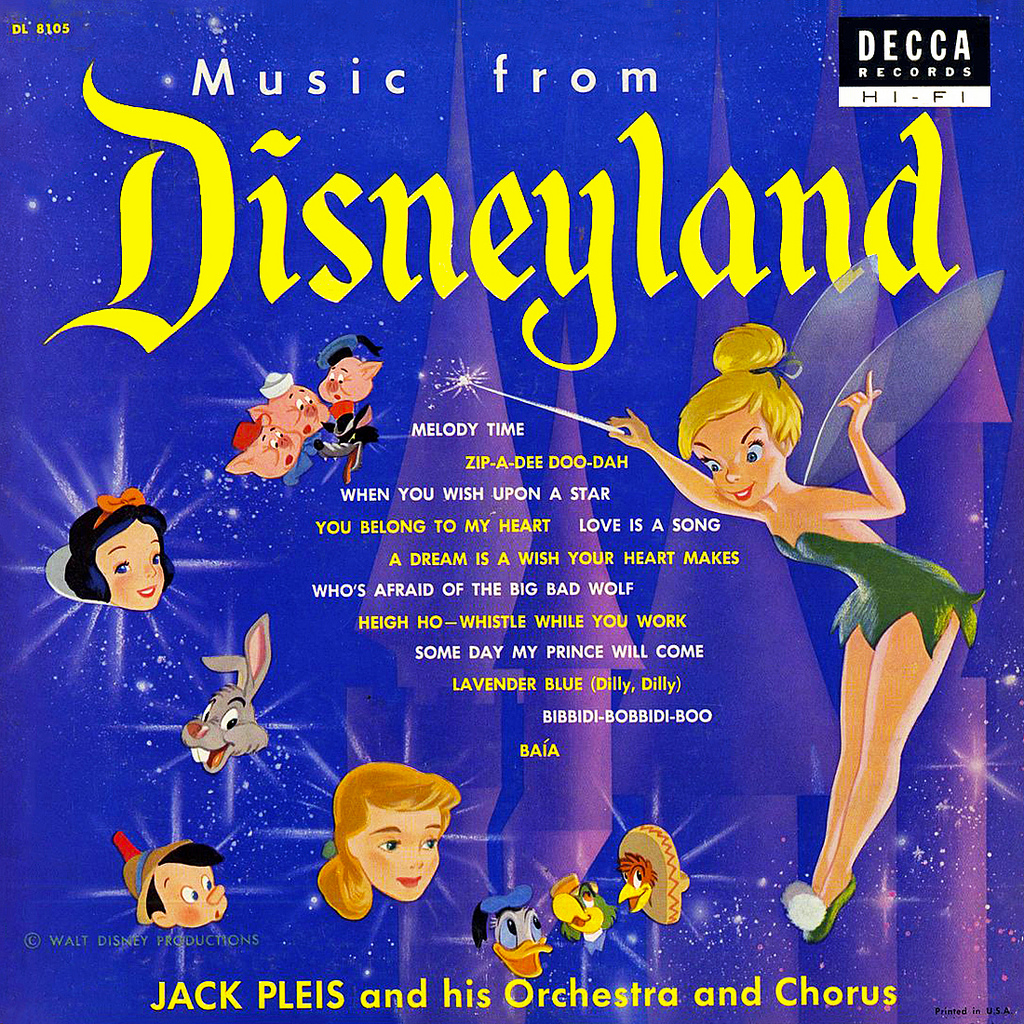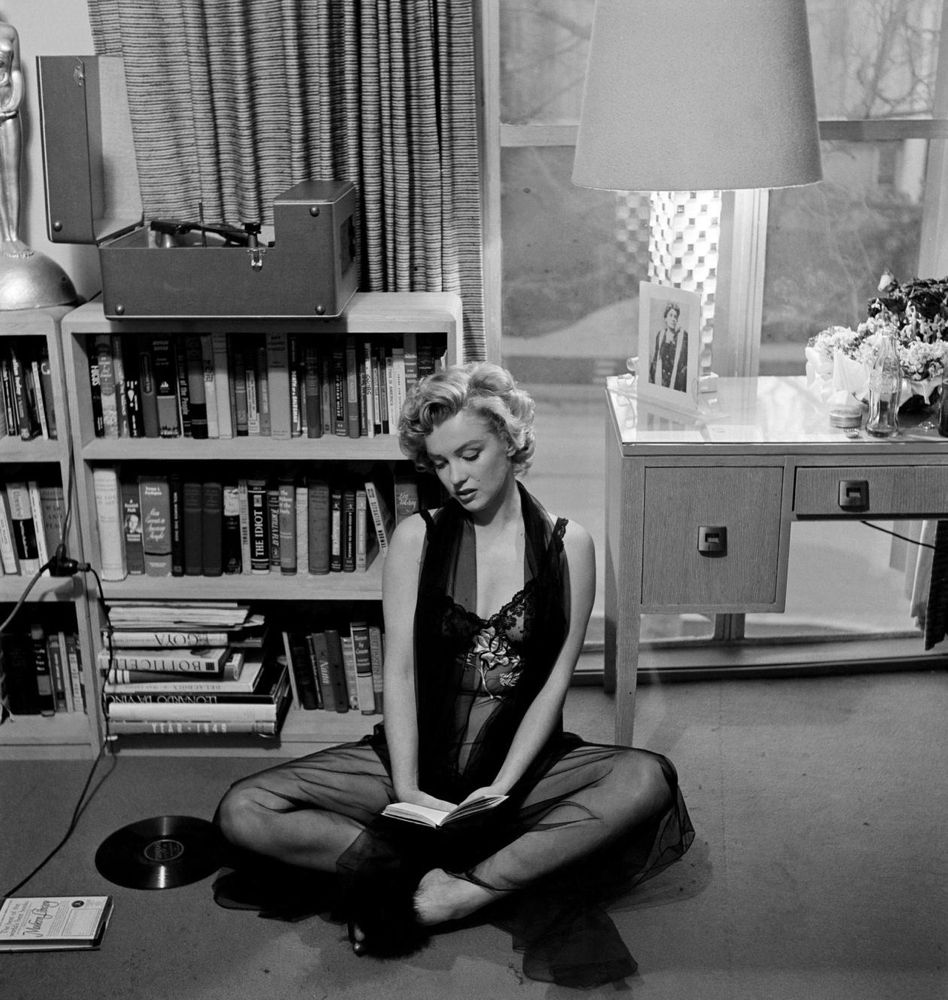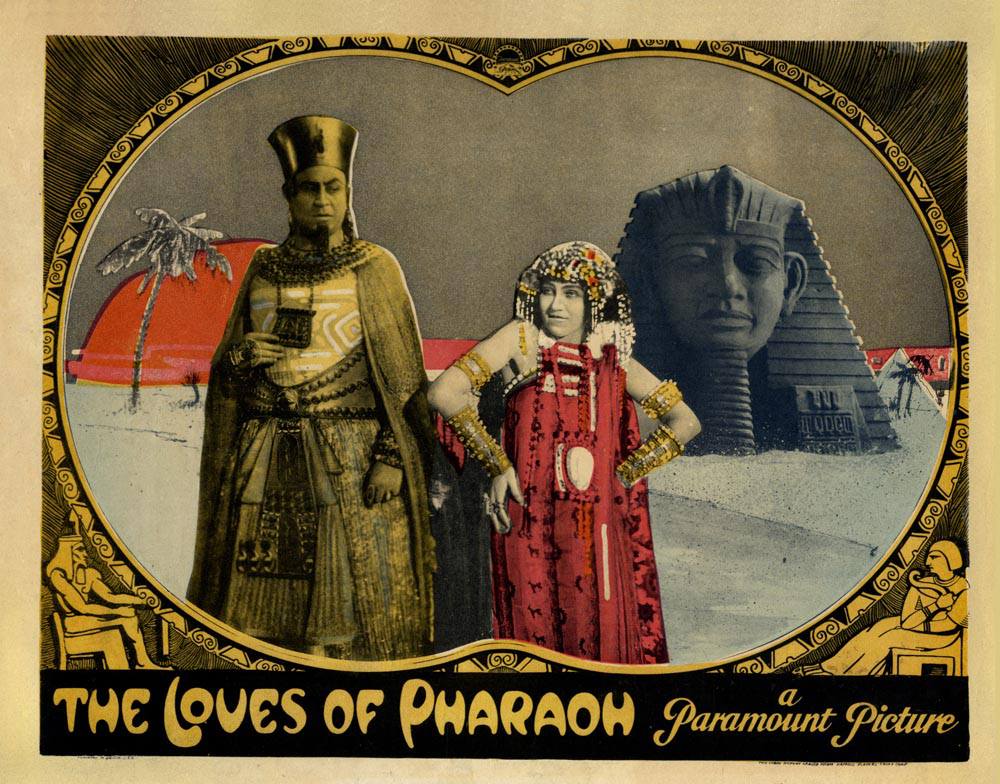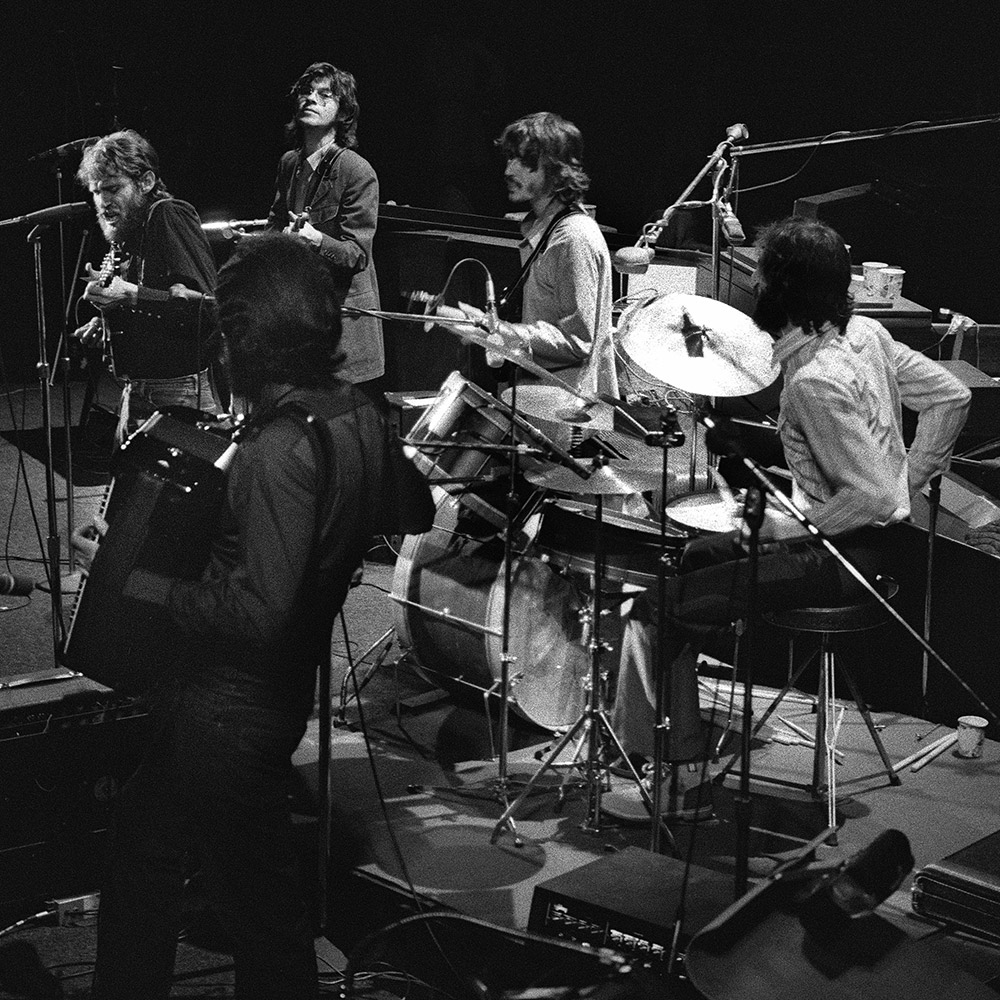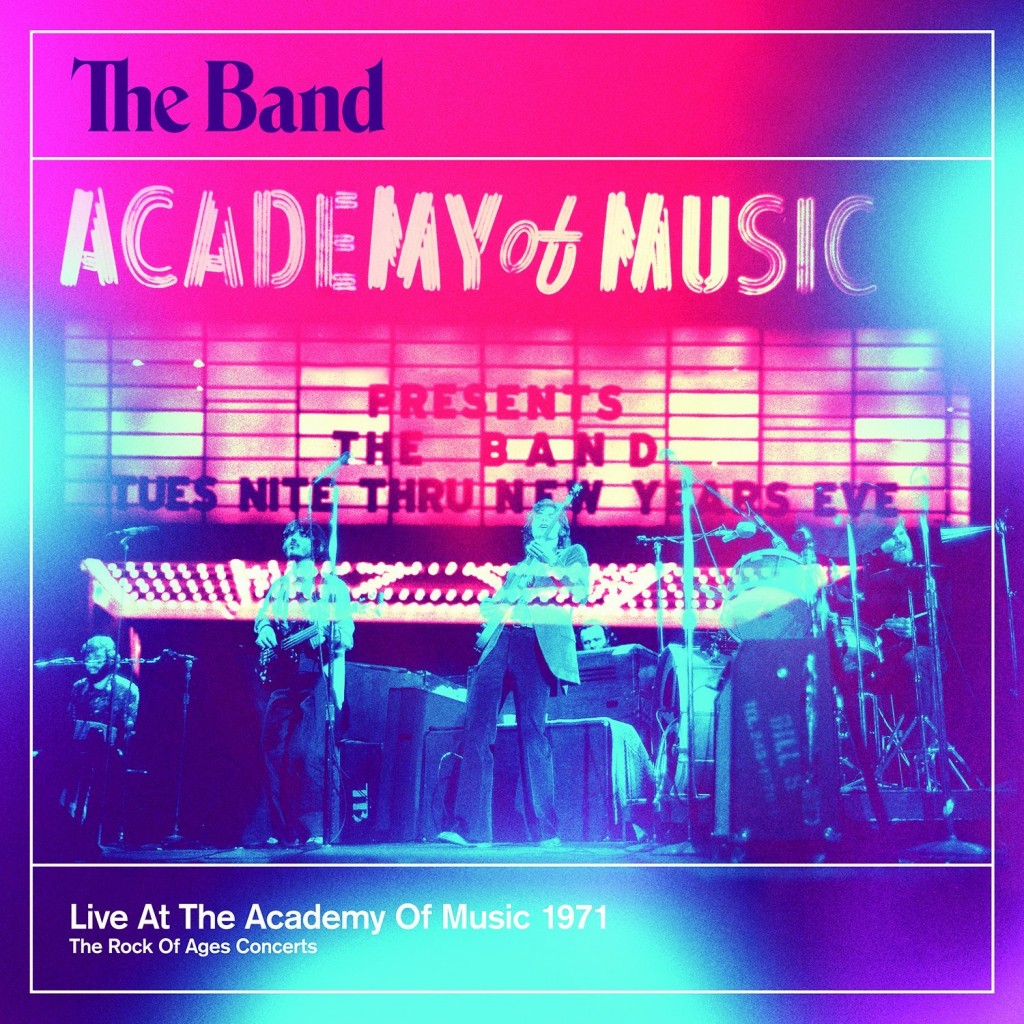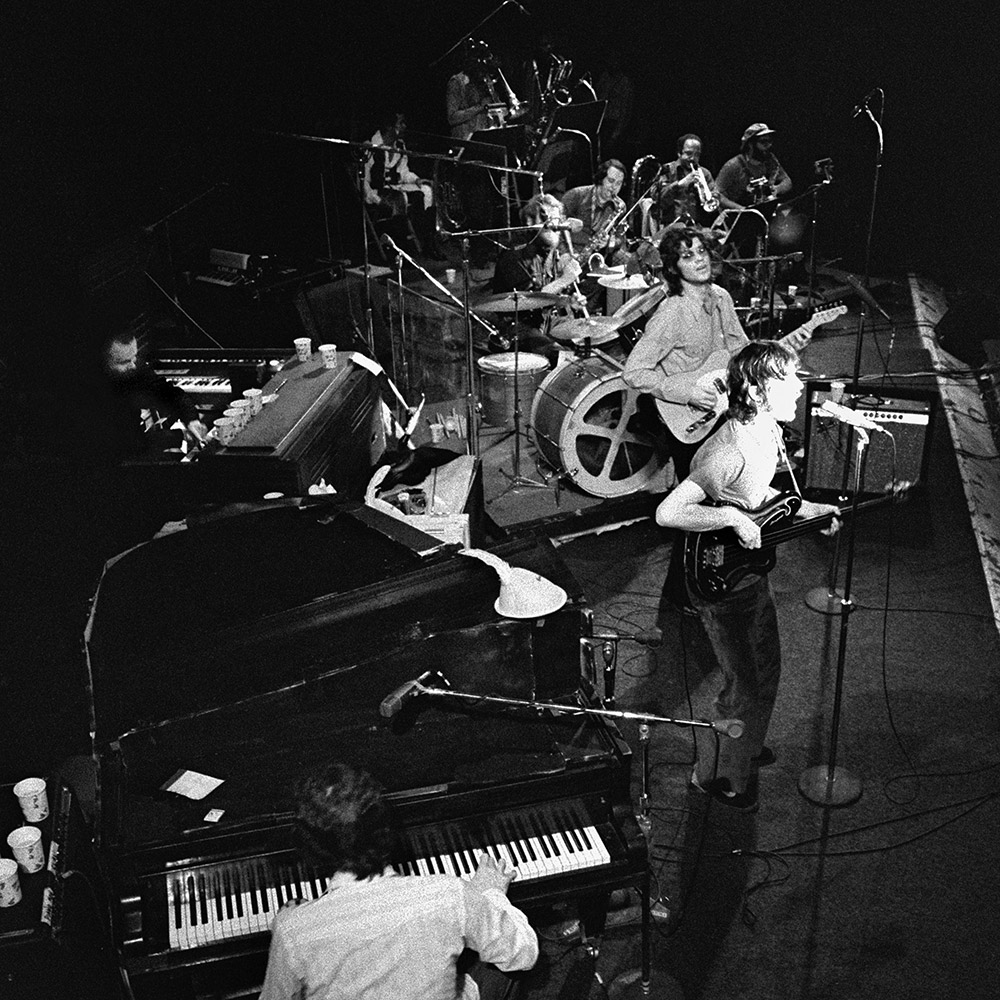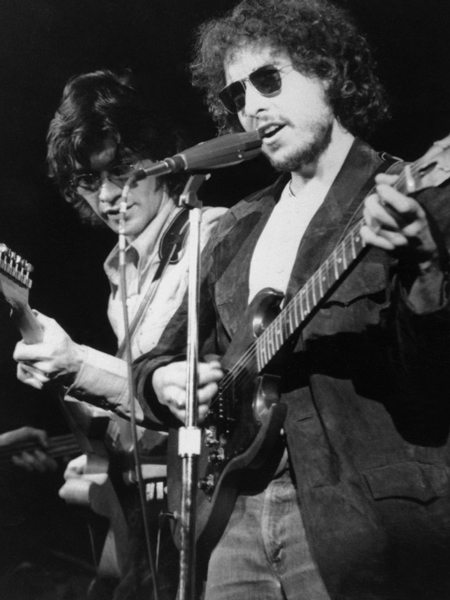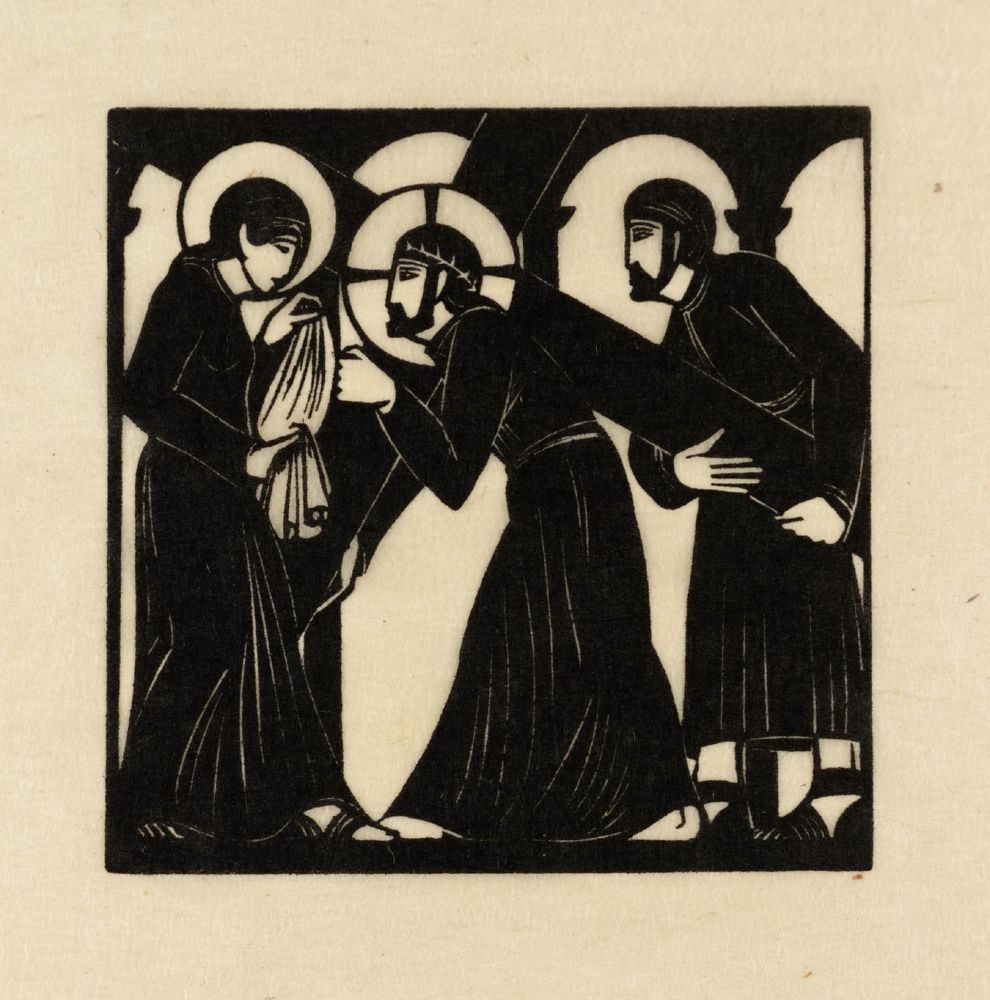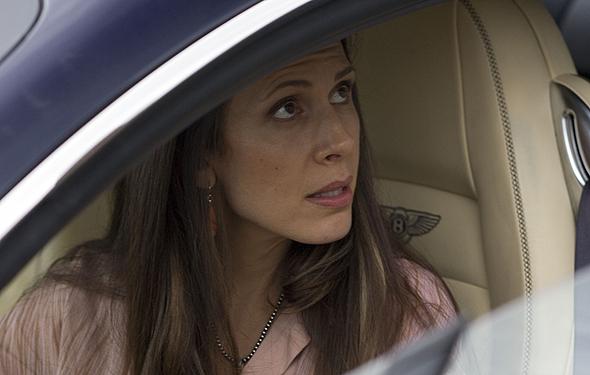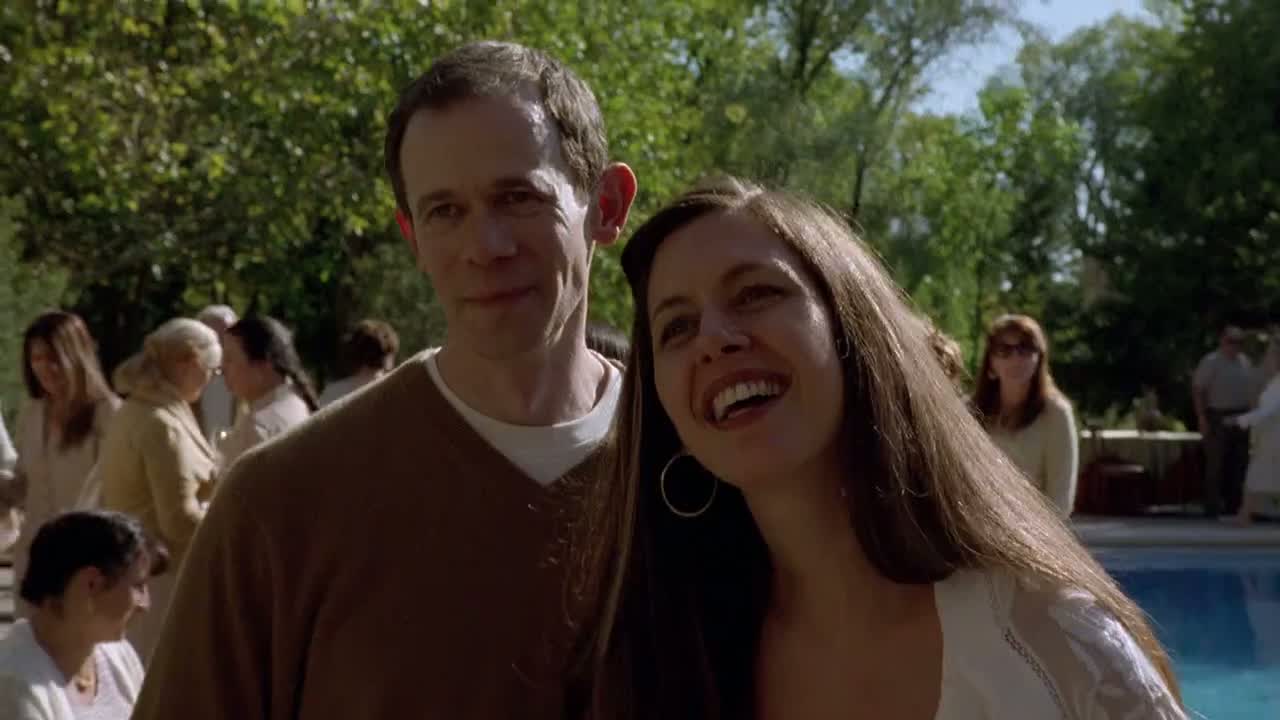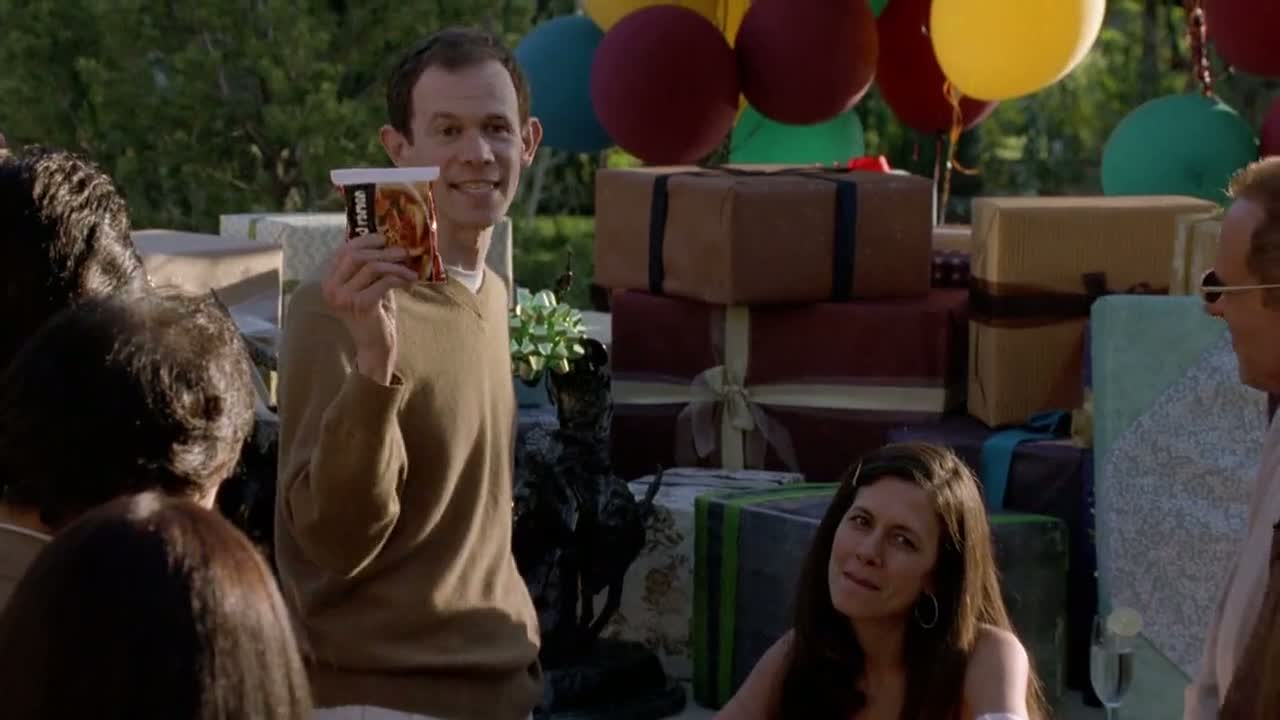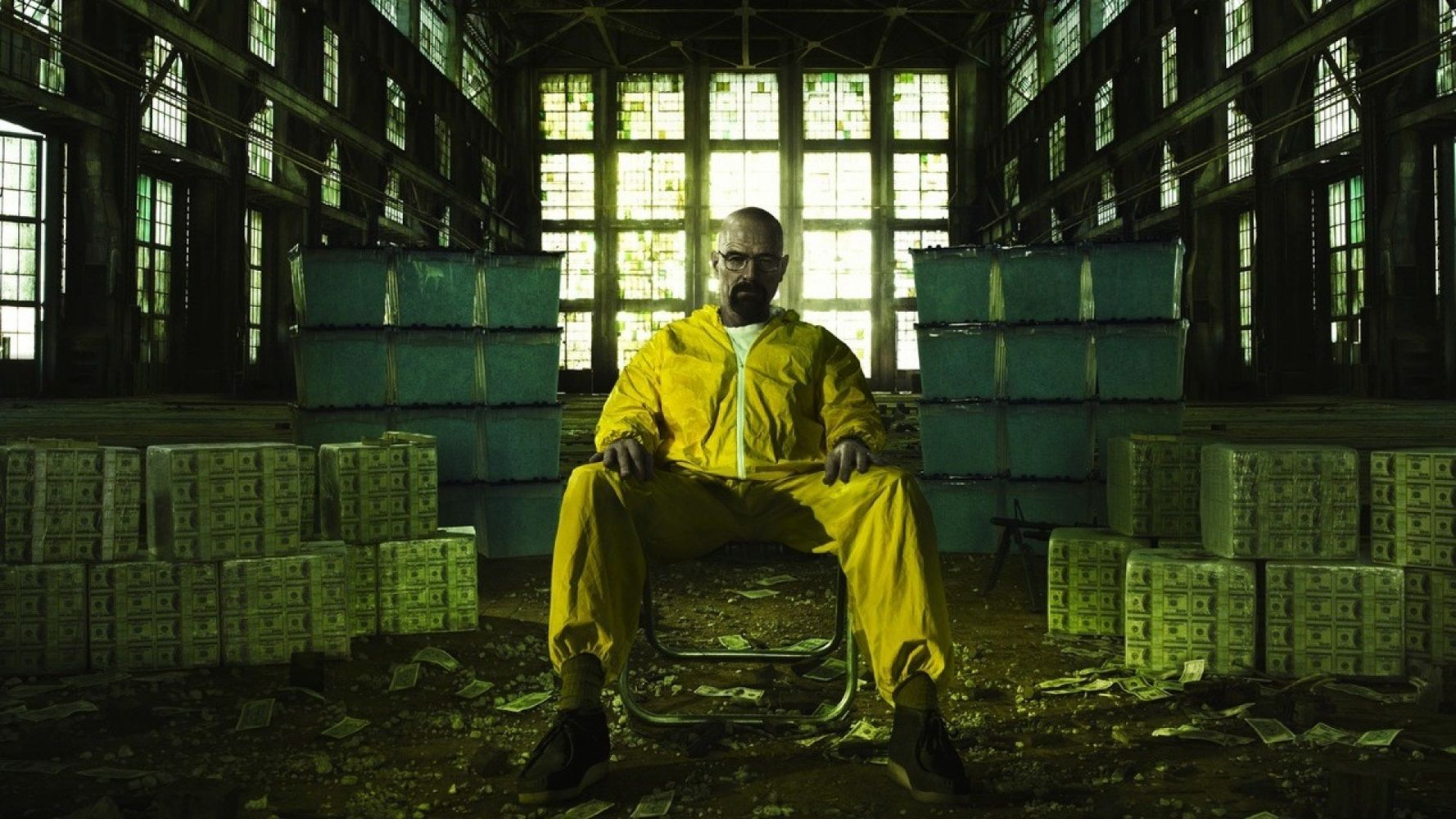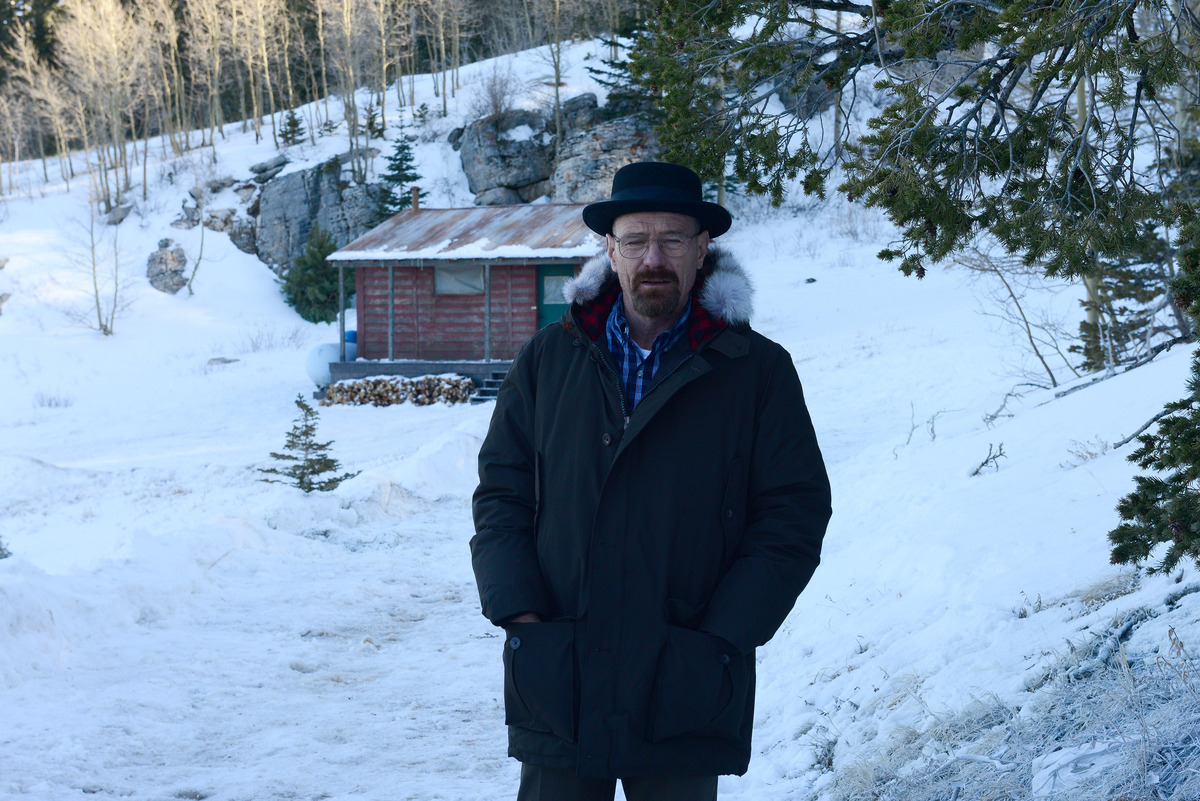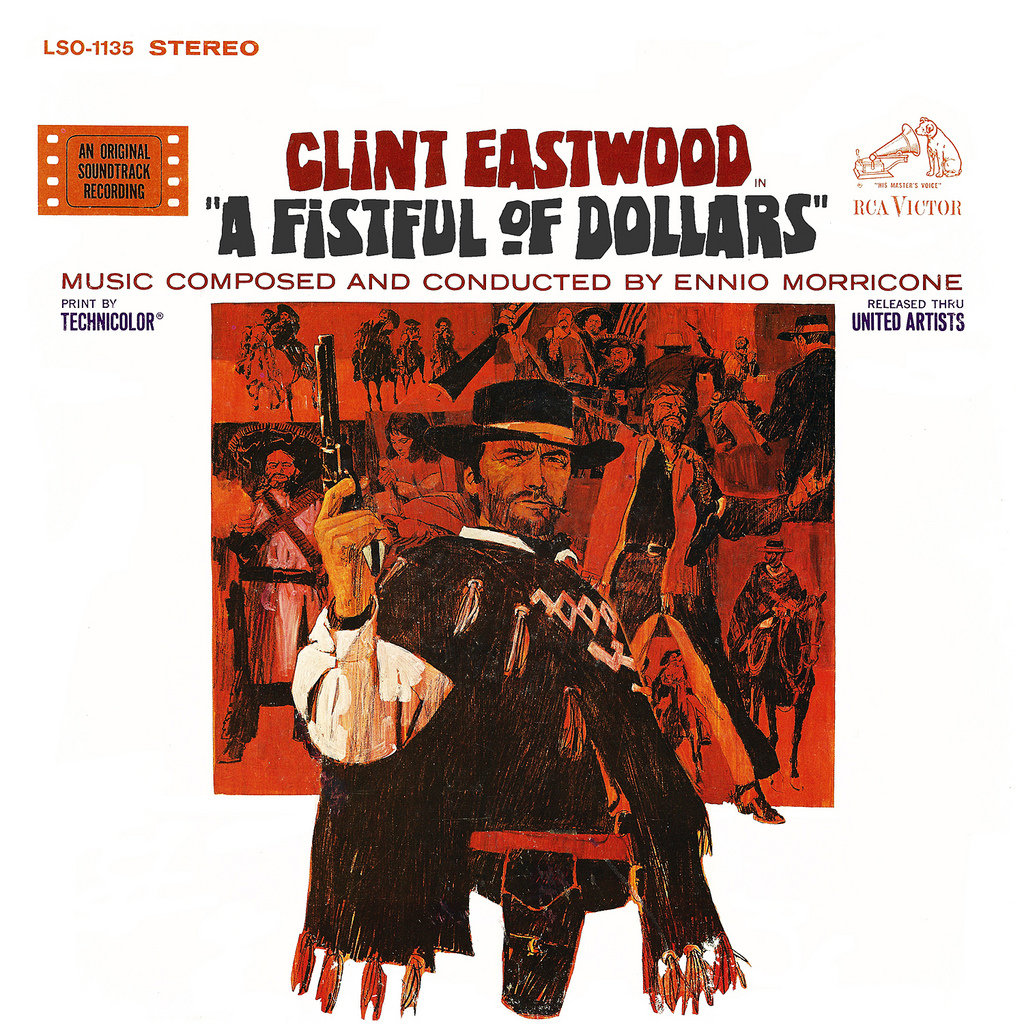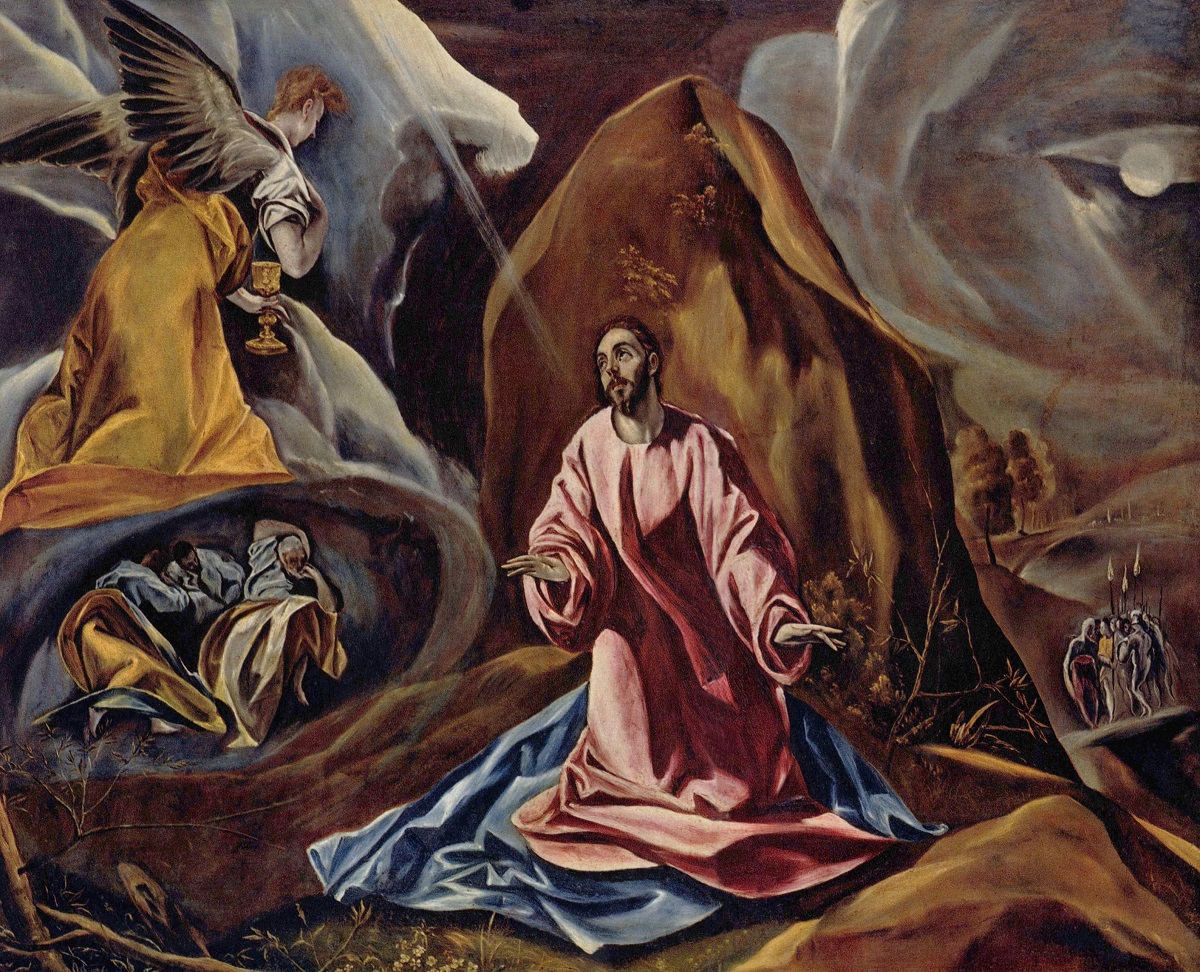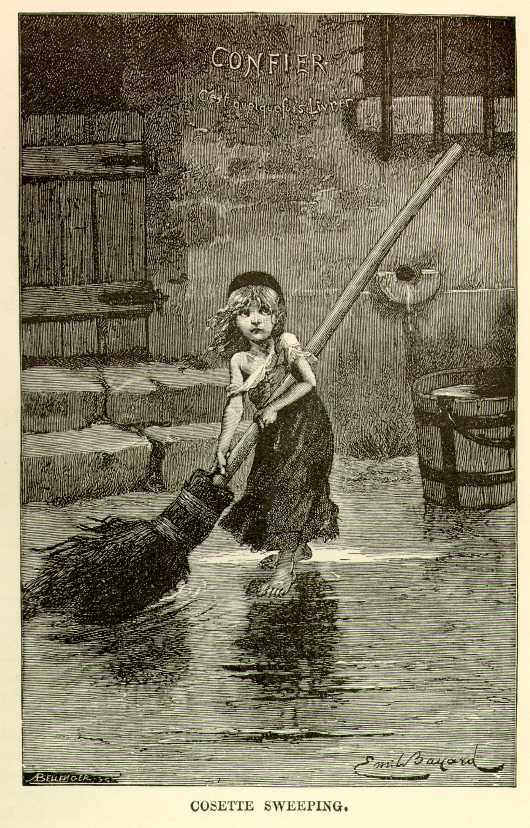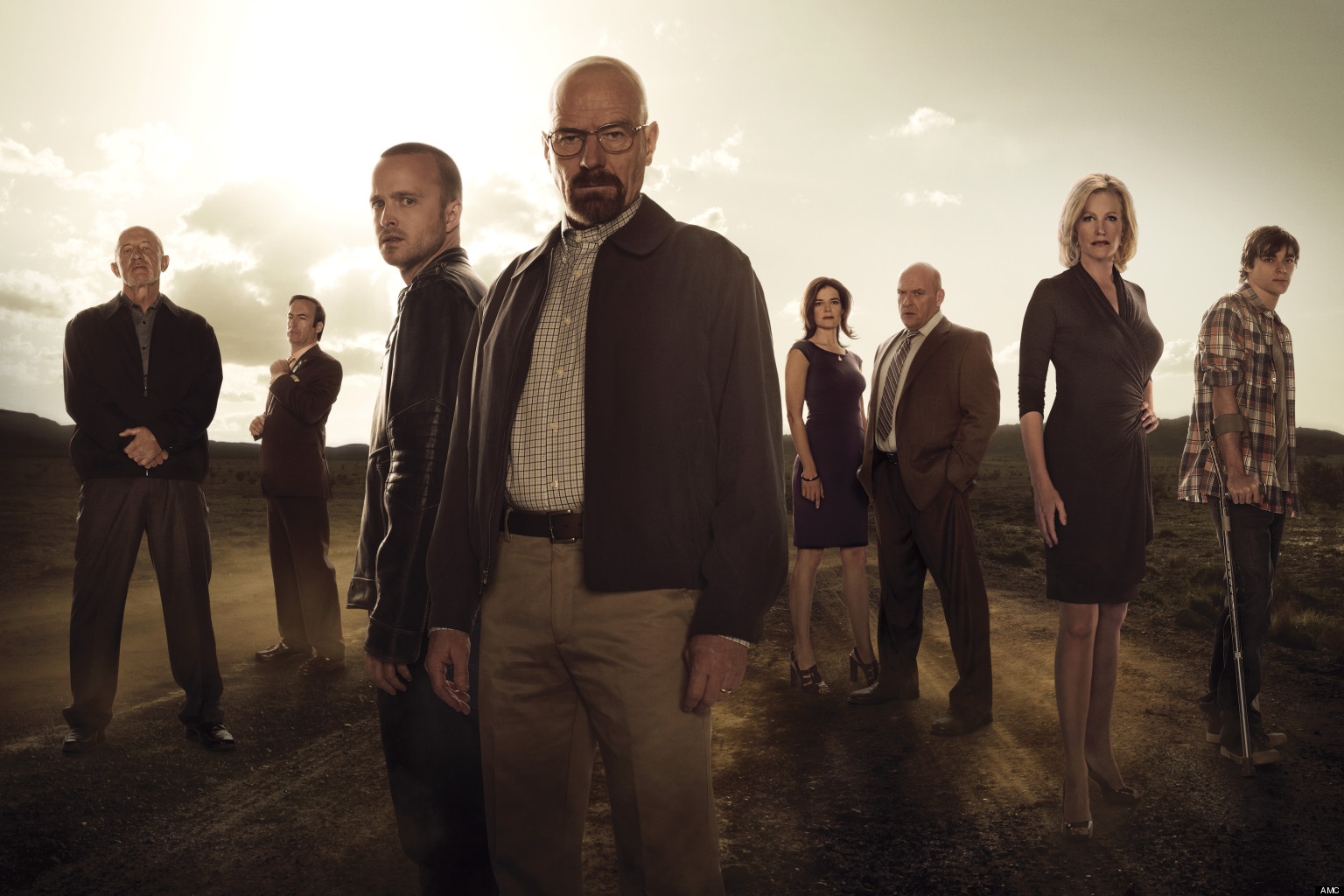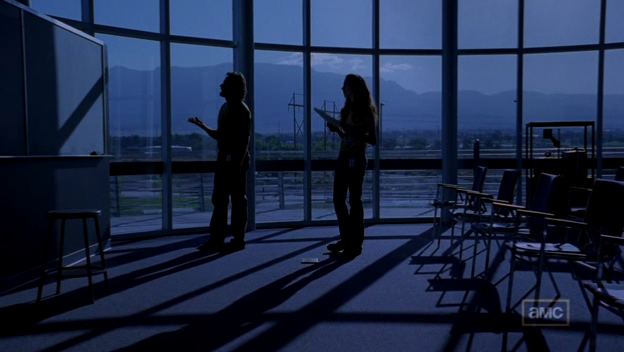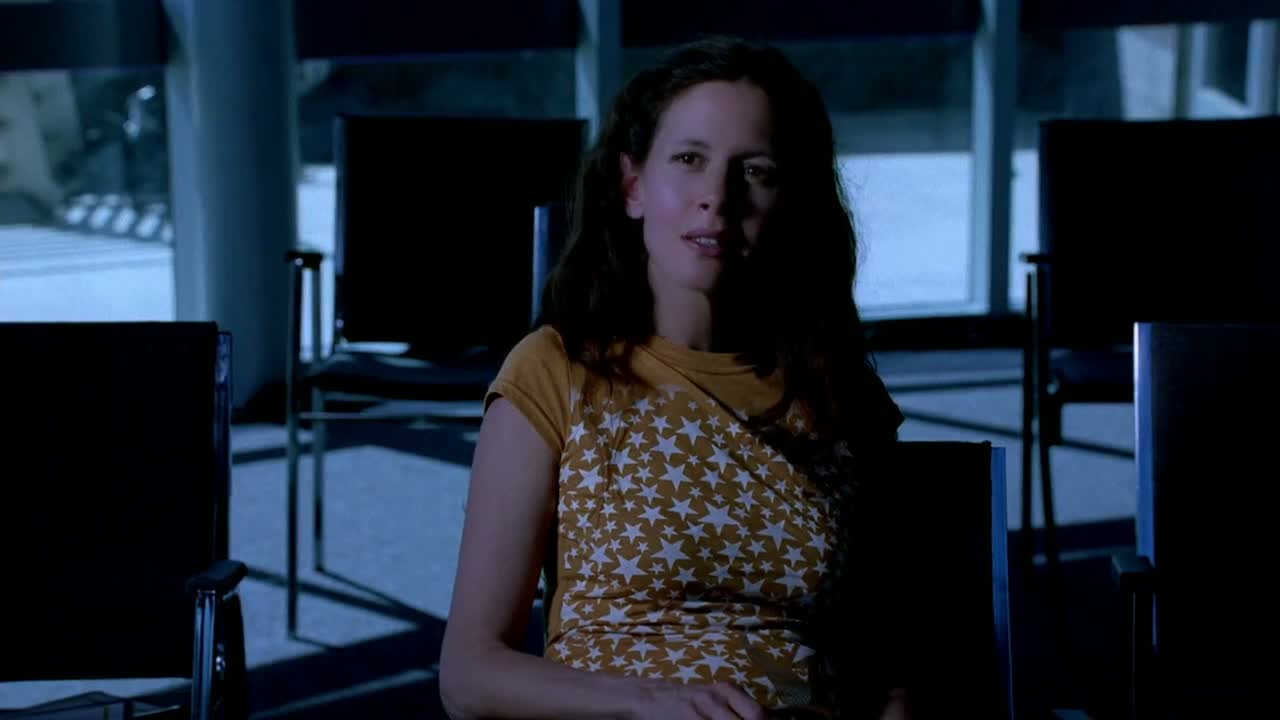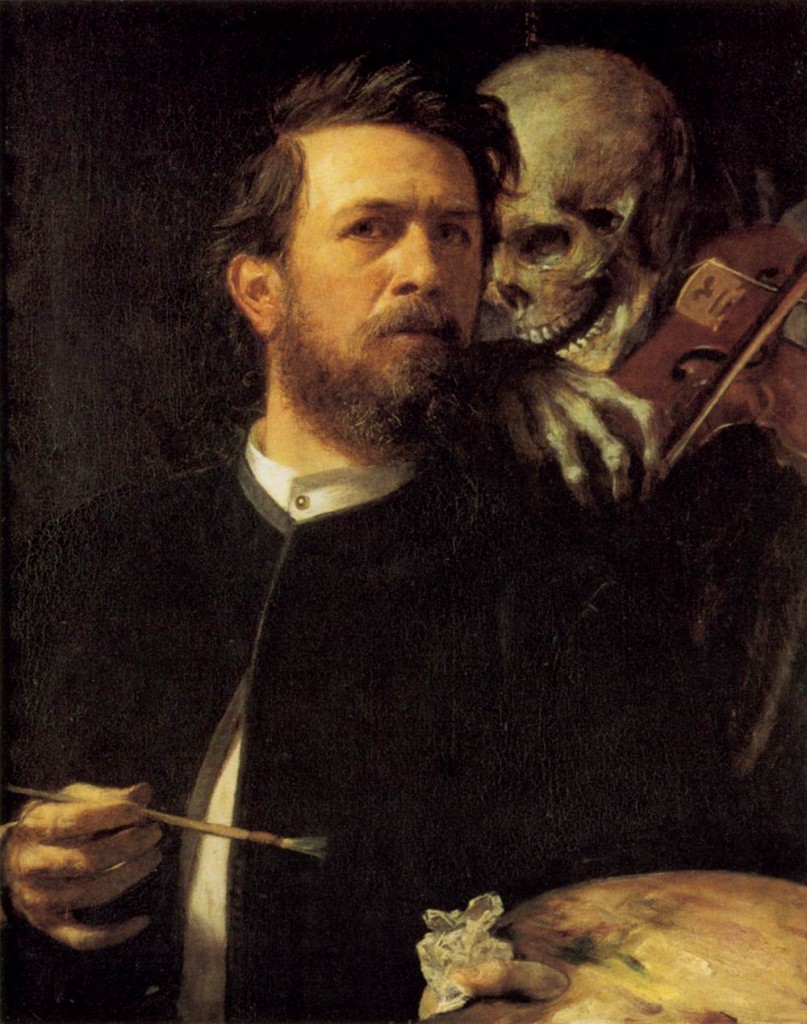Click on the image to enlarge.
Category Archives: Main Page
EL PASO
A PRESS BOOK COVER FOR TODAY
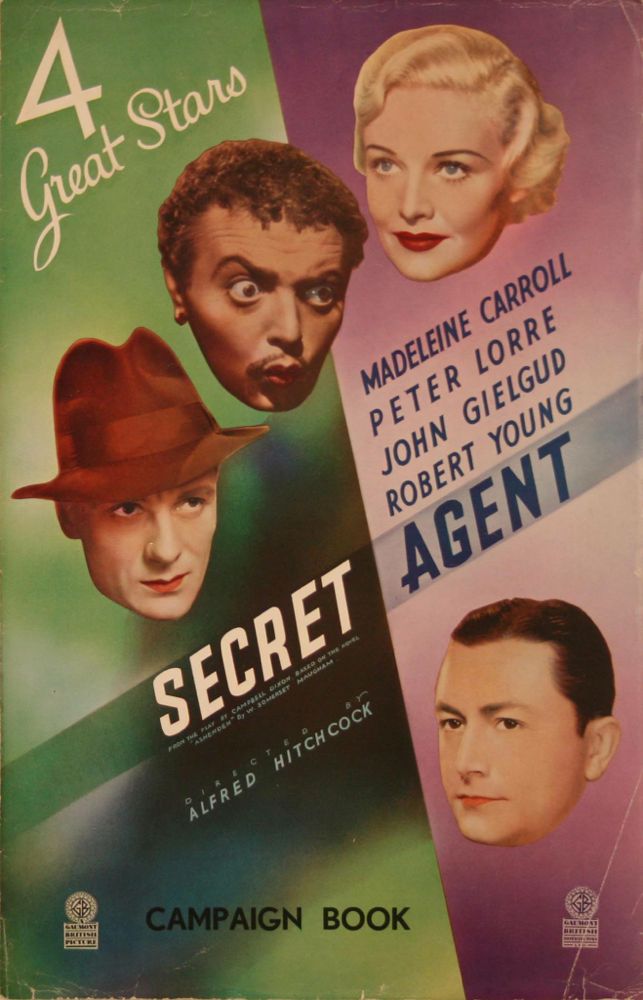
A NEW REVIEW!
Great collection of stories
These are stories with a difference. The central plot often has a familiar theme, but the characters that populate the stories are gritty, real-life inhabitants of a frontier where survival is the dominant driving force. There is a certain detached attitude in the description of events that makes them seem more realistic. The stories are spell-binding.
See the review and get book details here — Fourteen Western Stories.
A QUESTION FROM THE RABBI FOR TODAY
AN LP COVER FOR TODAY
GIRL WITH RECORD PLAYER AND BOOKS
A SILENT MOVIE LOBBY CARD FOR TODAY
LIVE AT THE ACADEMY OF MUSIC 1971
The Beatles were the greatest pop-rock band of all time, and The Beach Boys ran them a close second. The Rolling Stones, when the stars were aligned correctly, could lay down sublime and awesome rock and roll. I would respectfully suggest that The Texas Tornados were the greatest beer-joint sawdust-on-the-floor rock and roll dance band of all time. But the most consistently great all-around rock and roll band of all time was The Band.
If you want incontrovertible evidence of this, check out the new box set Live At the Academy Of Music 1971, which collects performances from a legendary four-concert gig The Band played in New York City as the 70s got under way.
The Band represented a stunning collection of musical talent. Robbie Robertson, one of the greatest of all rock guitarists, was also a fine songwriter. Richard Manuel, Levon Helm and Rick Danko were all brilliant vocalists who played multiple instruments. Helm was one of the greatest rock drummers of all time, and Danko one of the greatest rock bass players of all time. Garth Hudson was a supernaturally gifted keyboard player who could also double on various horn instruments.
Their musical virtuosity and taste resulted in studio albums that can be appreciated as art-rock, but they were at heart a touring band — with years on the road backing up rock legends like Ronnie Hawkins and Bob Dylan. (Dylan joined them for four numbers at the last of the Academy Of Music concerts.) They knew how to tear down a house, how to get people to drink alcohol and dance.
Their live recordings demonstrate this conclusively. They had so much mileage on the road as an ensemble that they could play on the edge of control, knowing that they’d never lose it — that the collective genius of the group would always find a groove. For the Academy Of Music gig they hired Allan Toussaint, the legendary New Orleans songwriter and arranger, to write horn charts for about half of the numbers, and hired the best New York session horn players to execute them. Toussaint’s genius, and the superlative craft of the horn players, and the musical confidence of The Band allowed these horn parts to blend perfectly with the hurtling in-the-moment electricity of the concerts.
It’s thrilling to experience this dynamic mix of mastery and improvisation at work. So listen to Live At the Academy Of Music 1971 and spend a little time in rock and roll heaven.
Click on the images to enlarge.
A QUESTION FROM THE RABBI FOR TODAY
GRETCHEN
In an interview from 2009, Jessica Hecht, who plays Gretchen in Breaking Bad (above), fills us in on what happened when Walt left her and Gray Matter:
Vince Gilligan told us exactly what went down between the characters off screen: We were very much in love and we were to get married. And he came home and met my family, and I come from this really successful, wealthy family, and that knocks him on his side. He couldn’t deal with this inferiority he felt — this lack of connection to privilege. It made him terrified, and he literally just left me, and I was devastated. Walt is fighting his way out of going back to that emotional place, so he says, “Fuck you.”
In the show, Hecht’s character “Gretchen” doesn’t know that this is what motivated Walt’s desertion, nor do we the audience know this, even now, on the eve of the show’s finale.
Put this together with something else Gilligan has said in interviews. According to him, Walt crossed the line into evil when he refused to let Gretchen and Elliott pay for his cancer treatments. This, as Gilligan sees it, puts the lie to Walt’s assertion that all the bad things he did on the wrong side of the law were “for his family” — because Gretchen and Elliott offered him a way to take care of his family without participating in crimes, in drug dealing and murder, all of which put his family in greater danger than accepting the Schwartz’s charity would have.
The flashback scene that introduces Gretchen, back in season one, when she and Walt talk about the soul, ends with Walt leaning in to Gretchen, as though he’s about to kiss her — but we don’t see the kiss. However, according to Hecht’s 2009 interview, the kiss was filmed. I suspect we’ll see it in the finale. It will remind us that Walt “broke bad” when he deserted the true love of his life, Gretchen, because his pride and insecurity wouldn’t allow him to face her wealth and privilege, any more than they would allow him to accept her charity later on when he and his family needed it.
Gilligan has said that, in the writers’ room, when he and his team got stuck, they would remind themselves of Walt’s “superpower”. It wasn’t intelligence, or an expertise in chemistry, or courage, or cunning. It was lying. That’s the core of Walter White.
From the moment he deserted Gretchen and constructed a lie to explain it — that she and Elliott squeezed him out of the company they founded — Walt’s whole life has been a lie. The rationale for wanting to build an evil empire based on meth — that it was all for his family — was a lie.
He wants money and power to fill up a hole at the center of his psyche that nothing can fill, to set aright a life that broke bad long before his cancer diagnosis.
I have no idea how Gilligan and company are going to crystallize all this in the finale. One way would be for Walt to go recover his fortune from the Nazi thugs, take it to Gretchen and throw it at her feet, in a now meaningless gesture of triumph, then wait for the forces on his trail to come and kill him, dying in Gretchen’s arms.
One little kiss then . . . Felina, goodbye . . .
AN LP COVER FOR TODAY
A QUESTION FROM THE RABBI FOR TODAY
LES MISÉRABLES
Imagine Victor Hugo’s Les Misérables without the religious, and essentially Christian, elements of Hugo’s world view — without the forgiveness and charity of the Bishop Of Digne, which sets in motion Jean Valjean’s redemption, motivates his own life of sacrifice and charity. It would be a novel of overwhelming meanness and darkness, confined to Javert’s world of implacable, inescapable judgment . . . in short, the world of Breaking Bad.
As I recall, there are only a handful of explicit references to religion in Breaking Bad. At one point Walt argues to Jesse that, if there is a Hell, the two of them are already headed there, doomed by the monstrous sins they have previously committed.
A more interesting reference comes in a flashback (above) to a moment in their youth when Walt and his former lover Gretchen are discussing the composition of the human body, whose chemical constituents don’t quite add up. Gretchen suggests that perhaps the missing element is the soul. Walt says, “The soul? There’s nothing going on here but chemistry.”
Walt says this suggestively as he leans down towards Gretchen, apparently about to kiss her. This seems to depict the start of their physical relationship. It also seems to be the statement of a thematic element that is never articulated in the dialogue but is somehow implied in the tale. Has Walt lost his soul? Did he ever have one to begin with? Does anyone? Is life nothing but chemistry, change, inevitable transactions between impersonal forces?
Gretchen Schwartz (i. e. Gretchen Black) speaks for the existence of the soul, just about the only character in the show who ever does. Walter White dismisses the idea. The show doesn’t want to reduce things to such black and white alternatives — and yet in a way it does so, in this flashback.
Curious.
We learned early on in the show that Walt walked out on Gretchen, ending their relationship without an explanation. I suspect that in the final episode we will be given that explanation, and that it will offer a deeper insight into Walt’s . . . well . . . soul — for want of a better term.
Click on the images to enlarge.
FELINA
The title of the last episode of Breaking Bad is “Felina”. Lots of speculation about what it means, but to me it can only mean one thing. Felina is the name of the cantina dancer in the Marty Robbins song “El Paso” that the cowboy singing the song dies over, making one last attempt to see again. I say it’s Gretchen. In any case, listen to the song and I think you’ll get a beat by beat outline of the last episode, whoever Walt’s Felina turns out to be.
Back in El Paso my life would be worthless.
Everything’s gone in life; nothing is left.
It’s been so long since I’ve seen the young maiden —
My love is stronger than my fear of death.
I saddled up and away I did go,
Riding alone in the dark.
Maybe tomorrow
A bullet may find me.
Tonight nothing’s worse than this
Pain in my heart.

